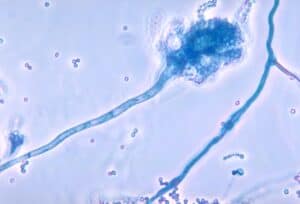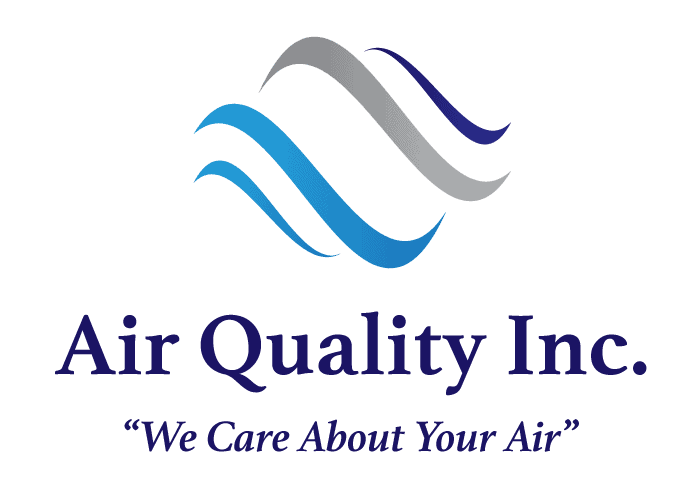At this time, many of us are spending increased amounts of time confined to our homes. While it may be good for dodging viruses, pollen, and outdoor pollutants, allergens within your home can also pose a threat to your health.
Indoor allergens can negatively affect the health of any of its occupants, but especially those with asthma or allergies. For decades, millions of Americans have suffered from allergic diseases and asthma, and it remains a major health concern throughout the nation.
What allergens exist within the home, and what can be done to minimize indoor allergens?
What Allergens Are in my Home?
Indoor allergens come in all shapes and sizes. Some are visible to the human eye or can be detected through smell, while others fly under the radar more easily.
Common indoor allergens include:
- Pet Dander
- Dust Mites
- Pollen
- Mold
- Pests (cockroaches, mice, etc.)
- Volatile Organic Compounds (VOCs)
The location of your home has much to do with the allergens that can be found within. For example, if you live in a high-humid area, surrounded by trees, and prone to cockroaches, your home may be at a higher risk of housing immoderate levels of allergens.
Indoor allergen levels are also affected by matters of personal choice, such as having pets, which cleaning products you choose, and cleaning habits.
How to Control Allergens in Your Home
There is much you can do to control the allergen count in your home and minimize their impact on you and your family’s health.
Regular Cleaning
Establish a good routine of weekly deep cleaning in your home. Avoid using harsh chemicals if possible to minimize harmful fumes.
“If you have allergies, wear a mask while doing housework. Use a cloth that is damp or treated with polish for dusting. Leave the house for several hours after cleaning it,” recommends the Asthma and Allergy Foundation of America.
Supplement weekly cleaning with wiping off surfaces and cleaning floors every couple of days or as needed. Vacuum your furniture or machine wash any removable furniture coverings at least once a month, if not every week, especially if you have pets.
A basic cleaning routine includes:
- Washing all bedding and linens
- Dusting and disinfecting all surfaces
- Sweeping, mopping, and vacuuming (get below and behind bulky items)
Keep on the lookout for the development of mildew or mold growing in your home, especially in damp or high-humidity areas of the home, such as the kitchen and bathroom.
Monitor Your Home’s Ventilation
To minimize allergens within your home and keep a high-quality air supply circulating throughout your home, pay attention to how air gets into your house, and ensure that bad air gets out.
Steps to promote good air circulation:
- Maintain your HVAC system (includes replacing the filter per manufacturer’s instructions)
- Install fans/ventilation in high-humidity areas (bathroom, kitchen, etc.)
- Choose wisely when to open the windows (best to keep them closed during allergy season, but good to open a window when working with chemicals or when the air outside is clean)
- Purchase a home air purifier, humidifier, and/or dehumidifier
When you keep the doors, windows, HVAC system, fans, vents, and other parts of your home in good repair, you will be doing much to prevent allergens from getting or staying in your home.
Home Allergen Test
One important step that will help prepare you to fight indoor allergens is to invest in a home allergen test.
When you hire Air Quality Consultants to perform a professional Indoor Allergen Particulate Test in your Virginia Beach or Richmond, VA home, you will receive detailed results.
Our state-of-the-art equipment and trusted lab partners ensure that your indoor air quality test results will reveal whether or not your home has excessive allergen levels. This knowledge is key to either equipping you to battle indoor allergens or putting your mind at ease, knowing your home has high air quality.
Request a quote for your home allergen test today!




